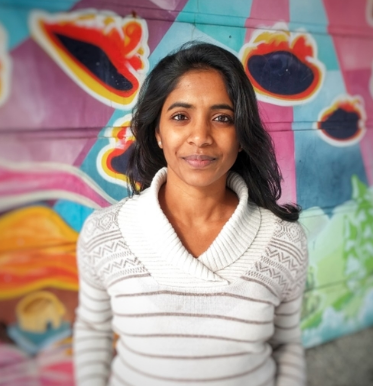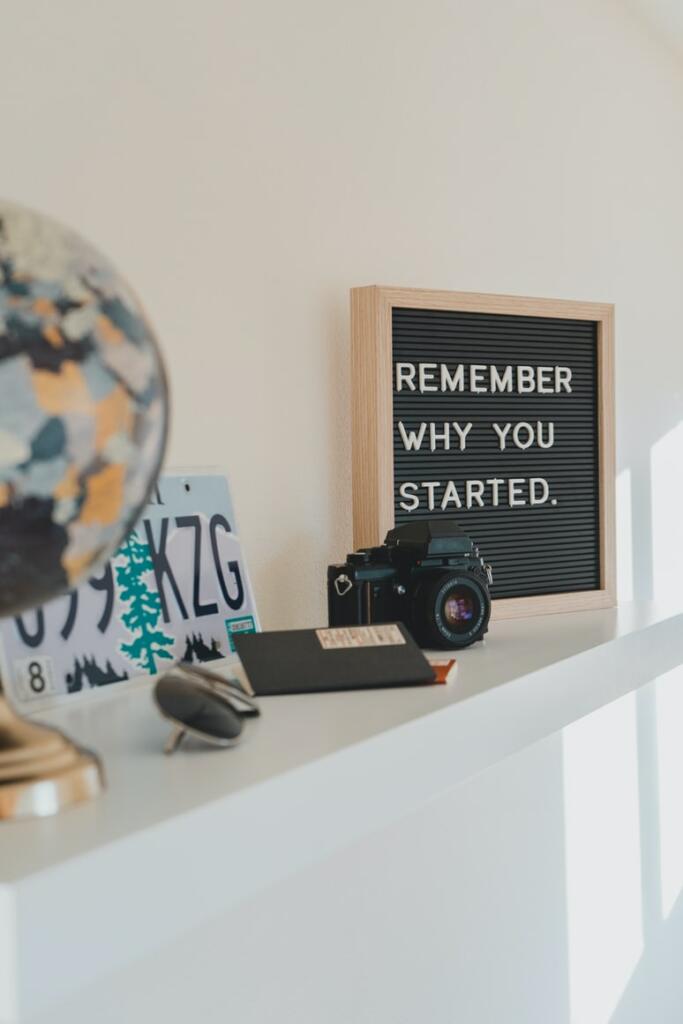One of the top career advice you will receive, regardless of whether you are in public health or not, is to find yourself a mentor (or mentors). I remember banging my head, frustrated, over this advice in the first few years of my public health career because I didn’t understand this idea of finding a mentor. I knew the definition of a mentor: someone typically more experienced (and perhaps older in age – but not necessary) whom I could lean on to make difficult decisions in my career, ask for advice, and speak to about my career path. Knowing this definition wasn’t going to make the process of finding myself a mentor any easier…it was only the first of many steps.
To begin with, I didn’t know how to even get myself a mentor; part of the problem could have been that I didn’t know who could be a mentor to me, let alone how to use them. The following 4 myths were things I believed about a mentor that was making this process very difficult for me:
- I needed to get permission from an individual before I could consider them my mentor (i.e. they had to agree that they would be my “mentor”)
- Only one person could be my mentor.
- My mentor would have all of the answers to my public health career path/plan.
- The plan: I just needed to find someone, ask them to be my mentor, and boom, done. I would have a mentor.
Having these myths in the back of my head meant that the learning process and the search for a mentor became even more difficult. I remember having a number of frustrating moments, wondering how I would find a mentor. These moments typically manifested when I attended networking sessions (typically in the entrepreneurship space). During conversations with older, more experienced people they would drop the “…and then I spoke to my mentor…” line, or the “…my mentor told me…” line.
“Gah! How do I get one of those (mentors)!?” I’d ask myself in my head in the middle of the conversation….
At times (rarely), when I was comfortable with the person I was speaking to at the networking event, I would ask: “So, who is your mentor?” And they’d go on to briefly tell me how they met the individual (their mentor). Still, it was not clear to me how one went about finding a mentor to engage in a meaningful relationship, and ultimately be mentee-d…
Fast forward to now, almost 6 years since graduating and having started my first real full-time job in public health, I am reflecting back on the different decisions I have had to make in my career (job choices, applications, moving, negotiating) and the people I have been grateful for who have played a significant role in helping me make these decisions, and shape my career. I didn’t realise it then, but these individuals became my “mentors” (whether they knew it or not) and are people whose advice, thoughts, and perspectives had led me to make the decisions I have.
Six years isn’t a long time in a career, but during these years I faced a decent number of forks in the road where I needed guidance to navigate. During these times, I noticed myself leaning on a handful of people in my public health network (past colleagues and past managers) to help me with my decision. In addition to my family members who provided me with the emotional comfort and uplifting I needed, these other individuals who were familiar with the workplace and the public health career provided a different type of comfort and uplifting.
Reflecting some more, I can say that these individuals are my mentors, and these are the individuals whose advice and thoughts I care about for my public health career. They help me think through my decisions, ask me the right (tough) questions I need to ask myself, and even go as far as helping me walk through different scenarios.
From deciding to switch to a new job I was afraid about in an entirely new area, to moving to a new province, to encouraging me to pursue my entrepreneurial passion with PH SPOT, to helping me negotiate new job offers, to vouching for me (getting me interviews, putting in a good word with senior managers), these are the individuals whom I consider my mentors.
And no, I didn’t have to ask them if they would be my mentor. They just are, because that’s the place they hold in my heart.
And as for the four myths I had about mentors, they were all debunked!
- I did not ask these individuals to be my mentor.
- I definitely have more than one mentor – some I met at the very start of my career, and others I have met more recently.
- No, they did not have all of the answers for me, however, they help me make decisions by asking me the right questions and giving me the guidance I need.
- And they definitely didn’t become my mentor the moment I met them…it is a relationship that was built on years of trust, time, effort, and consideration.
You too may already have people in your network that you reach out to for different things. The individuals who you trust and whose opinions and advice you respect, and want to hear when it comes to your career are your mentors. Keep building on that relationship with them. If you’re in town, reach out to them and go for lunch or coffee (you don’t always need to speak to them only when YOU have a question). Show them appreciation when you can, and give back where you can: was there a job or a unique opportunity that you came across that made you think about them? send it to them!; see a postcard that made you think about them? send it to them! Cultivating that relationship with your mentors will be the most important part of this process.
Finally, I will leave you with this one final thought. Having people you respect, and whose advice you want/trust is one thing, but actually reaching out to them for the first time for advice is a big mental barrier I faced. It was probably because I didn’t want to be vulnerable in front of them. If you too feel like this, here’s the thing… If you have a good relationship (I know that’s a subjective metric – but trust yourself to make that assessment) with this individual, make that first phone call (or send that email) and reach out to them. Tell them that you are needing to make a difficult decision and would love to hear their opinion on the issue. That first time will be difficult, but once you crack that initial barrier, there’s a beautiful relationship waiting for you to build on the other side.
Another good piece to read is this TED article: The 5 types of mentors you need in your life






